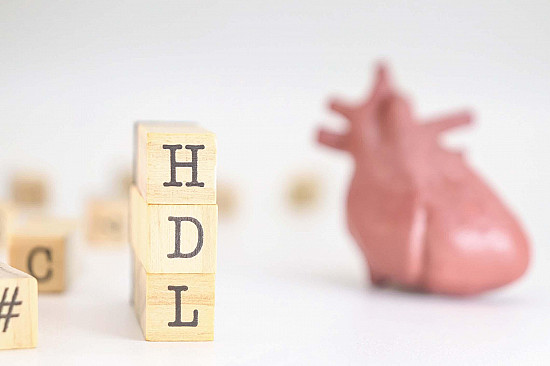What are the risks from taking statins?
Ask the doctor

Q. I'm listening to a book about a diet to reverse heart disease, and the physician author says there are "documented dangers" from statins. Just how risky are these drugs?
A. This is a very common question that almost all of my patients ask me. Let me start by explaining the risk of elevated LDL cholesterol, the problem that statins were designed to treat. A large body of research shows that high LDL is one of the leading risk factors for heart attacks, strokes, and death from heart disease. In addition, hundreds of studies have shown that lowering LDL decreases all of those risks, as well as reduces the need for bypass surgery and stents. Diet and lifestyle changes can sometimes lower LDL, but they may not be sufficient to override the genetic factors that can cause high LDL. That's when medications can be helpful.
Because statins have been on the market for so long, the side effects are well known. About 10% of people develop muscle aches, which disappear when they stop taking the drug. Depending on the dose, statins also increase the risk of developing diabetes by 10% to 35%, possibly by preventing your body's insulin from working well, which causes blood sugar to rise. This side effect is most common in people with obesity and prediabetes, who are already prone to developing diabetes. Regardless, the cardiovascular benefit of a statin for these high-risk patients outweighs the risk of diabetes.
In addition, if testing shows that a person's blood sugar is rising after they start taking a statin, the problem can be averted by switching to a different medication that also lowers cholesterol. These medications include ezetimibe (Zetia); one of the PCSK9 inhibitors, alirocumab (Praluent) or evolocumab (Repatha); inclisiran (Leqvio); bempedoic acid (Nexletol); or colesevelam (Welchol).
Concerns about statin effects on the brain, such as cognitive impairment or dementia, are unfounded. Many large trials of statins have specifically tested and found no decrease (or increase) in cognitive function over time.
One thing many people don't realize is that the decision to take a statin does not depend solely on their LDL value. Ideally, your doctor will use a calculator that assesses your risk of heart attack or stroke, using factors like your age, sex, whether you have diabetes or high blood pressure, and whether you're a smoker. People at very low risk don't need a statin, while those at high risk will very likely benefit from the drug. For those who fall somewhere between, heart imaging tests may be helpful for clarifying the degree of risk.
Image: © Israel Sebastian/Getty Images
About the Author

Christopher P. Cannon, MD, Editor in Chief, Harvard Heart Letter; Editorial Advisory Board Member, Harvard Health Publishing
Disclaimer:
As a service to our readers, Harvard Health Publishing provides access to our library of archived content. Please note the date of last review or update on all articles.
No content on this site, regardless of date, should ever be used as a substitute for direct medical advice from your doctor or other qualified clinician.
















